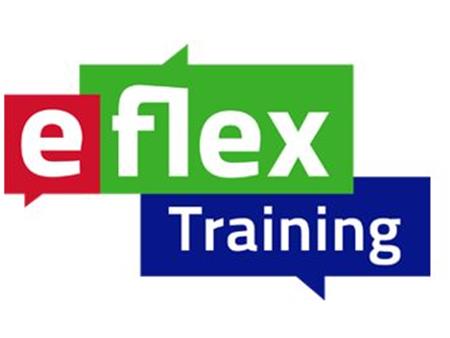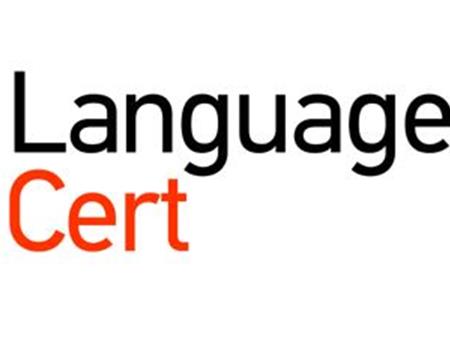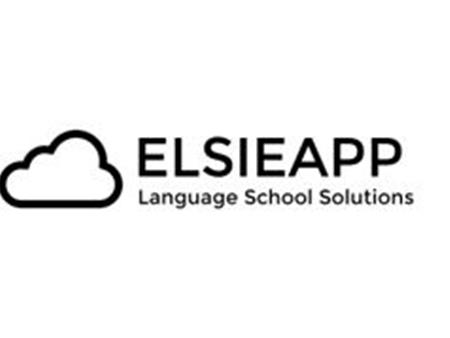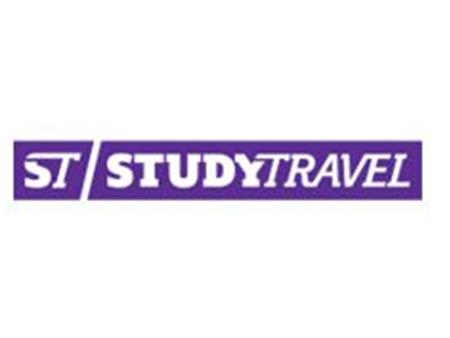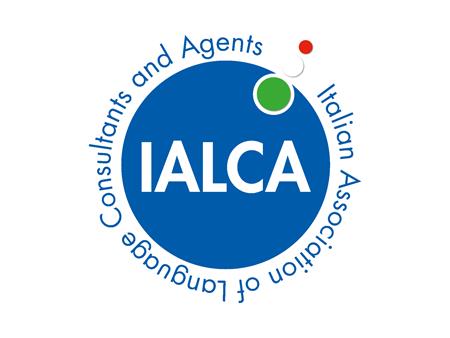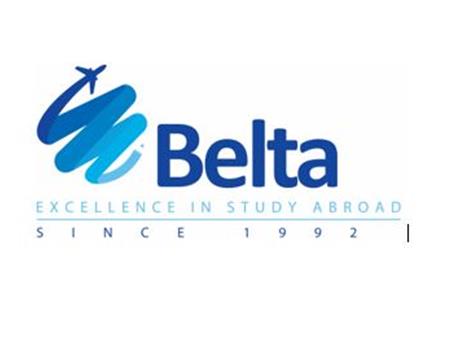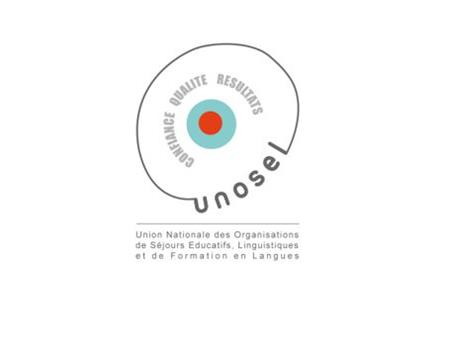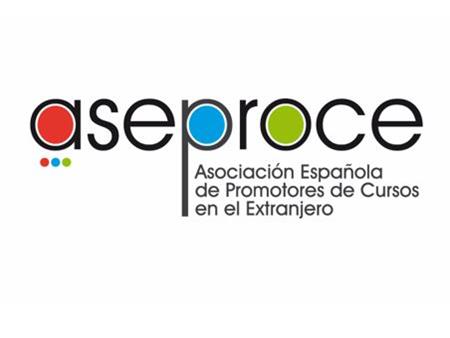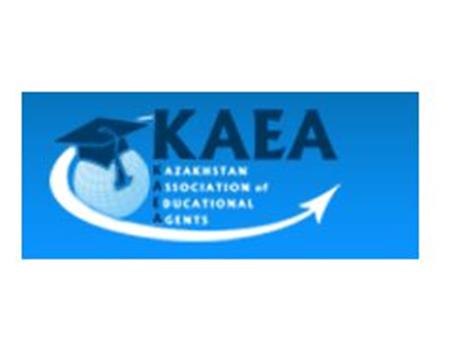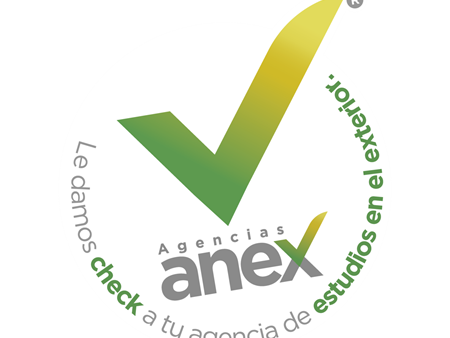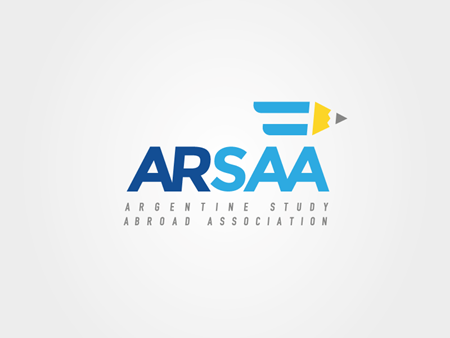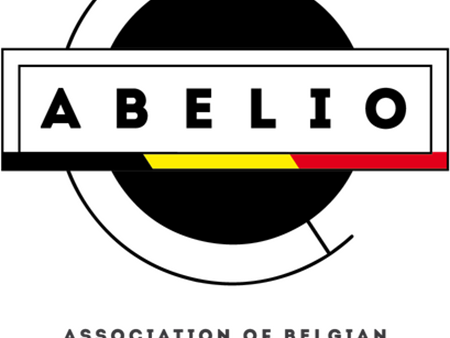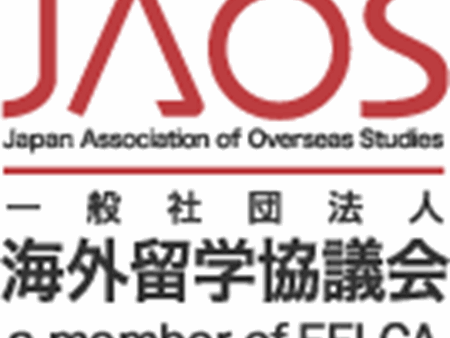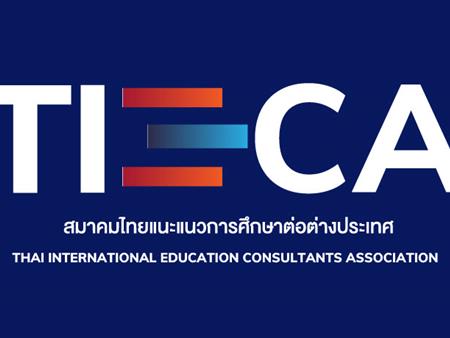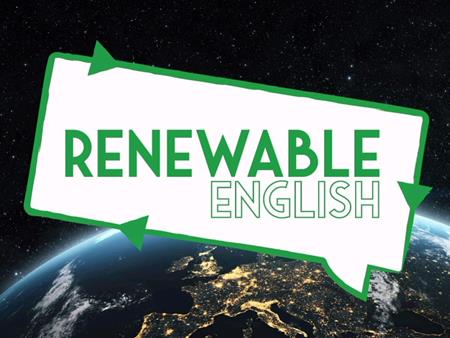As we look back on the first 20 years of QE, we took the chance to sit down with Carolyn Blackmore who was the QE Chief Executive from 2003 - 2016 to ask her a few questions:
- 2023 marks 20 years of Quality English. How significant do you feel this landmark is, especially considering the challenges faced by schools and agents over the last few years?
Surviving the fallout from the pandemic was hugely challenging for QE. And if it was challenging for QE, it was devastating for each and every one of our licensees. All QE wanted to do was to support the schools in every way possible. Although we all emerged battered and bruised, QE is proud of how the schools adapted and came though the worst of it. Re-building will take time, yet many valuable lessons have been learned while some of the pandemic-led adaptations and online practices have become a new part of the schools’ offerings. Every cloud….
So, achieving twenty years after all that we have been through is fantastic. I was, and still am, always thrilled by the loyalty of and support shown by the schools and colleges for QE. If it wasn’t for that we wouldn’t be here.
- Quality English was established in 2003 to bring together like-minded Independent English Language Schools. What were the original ideas behind setting up QE?
The founding schools were London School of English, Frances King School of English, Cambridge Academy of English, The International School, Exeter, and Cicero Languages International in Tunbridge Wells. These schools had carried out some co-marketing, particularly in China, and there was a clear agreement between them that there was strength in numbers. That which they had in common, on which their collaboration was based, outweighed any differences and therefore competition between them. Their ideas developed in an imaginative and creative way and so the QE brand was established.
- Can you tell us which schools were the first to gain a QE licence?
In order to make sure the foundations were solid, the founders (owners of the above schools) researched and invited similar schools to consider applying for a QE licence. When I took on the role in 2003 (September, at the ARELS Fair in Brighton) there were twelve schools. That was the original five plus: Eckersley School of English; Lake School of English (both in Oxford); Wimbledon School of English, London; Melton College, York; BEET, Bournemouth; The English Language Centre, Brighton and Hove; Eastbourne School of English. Very soon afterwards Anglolang Academy of English, Scarborough; and Churchill House. Ramsgate; also signed up.
After that, the word spread among independent English language schools initially in the UK, although my remit and the company’s plan of course were to take the brand and create a global presence which we very soon did.
- Can you tell us one or two of your fondest memories from the early days of QE?
Generally, there was a terrific camaraderie among the schools. From every communication with QE to the atmosphere at all missions and, later, fair villages, there was a warmth and family-like friendliness which continues to this day, while being thoroughly professional too of course. To pick out a specific moment is difficult because there were lots of them. There are great memories of outbound missions and the wonderful and grateful feedback from our agent guests; of convivial shared dinners in the market city in which we found ourselves – from the straightforward to the less so (Almaty springs to mind); of those moments when an excellent and worthy school takes the plunge and becomes a QE school and, last but not least, finally achieving the STM Star Award accolade in 2016.
- How important do you feel the QE brand is in today’s study travel industry?
I am slightly removed from the day-to-day work of QE (which as you can imagine I miss). I keep myself informed about QE through our social media and more generally through reading the STM and its online content, also ICEF Monitor, as well as being in touch with fellow QE directors who all own and run their own QE schools. Since Covid I have been to visit the QE schools in Ireland, which was an absolute privilege, very informative as well as encouraging. But being removed has its advantages too in that I can see the bigger picture. I follow other industries (such as the travel industry) to watch how they are developing, what works and what doesn’t in the new (hybrid) world in which we find ourselves.
- Do you think the industry has now fully recovered and is it now any different to how it was pre-pandemic?
Perhaps it is hard to say whether the industry has fully recovered. Atter all the industry is well used to a roller coaster ride even in relatively good times. There isn’t really a norm or a mark we can measure recovery by. But at least students physically came through the door in 2022, in good numbers too. Yes, of course the landscape is different from pre-covid. As far as I understand it there are some markets (or bits of markets) which have shrunk or closed altogether (for other reasons, not just the pandemic) and schools have adapted their marketing accordingly. Their toe in the water type marketing forays are more fraught with risk perhaps and the QE missions and online missions can help them reach markets that have perhaps yet to stabilise.
As I mentioned earlier some adaptation in the delivery of courses has become a new part of the schools’ offerings, as well as the Zoom-facilitated communications used by marketing and management staff - another new characteristic.
- As a Director of QE, you are still very involved in the organisation, and in particular our Quality Control processes. How important is it that QE regularly carries out Quality Control on its licenced schools and colleges?
As I might have said before, nothing is more important than QE’s quality control practices. We have always to define what we mean by quality, how we check it, how we make sure the schools understand and engage in quality improvements. The quality of our schools – and how that is perceived – underpins the Quality English brand. A brand is only as strong as its weakest example or manifestation. Covid interrupted in-school visits. We recognise that paying a physical visit every three years or so is not always achievable. We are going to introduce a hybrid system of online visits and in-school visits which will emphasise the extent to which schools take responsibility for their own quality control. Watch this space.
(Note that Quality English does not inspect and accredit schools in the traditional sense. We look both for examples of quality that go over and above the average and we also look for outstanding customer feedback.)
- We are looking forward to celebrating our 20th Anniversary at a special event in Madrid on 24th November. Do you have a message that you would like to send out to QE schools and agents ahead of this special occasion?
“You, the Quality English schools and the Quality Education colleges stand out from other providers in a distinctive way. The QE brand is about how you run your schools to a very high standard and how you deliver unfailingly to your students.
Many of your students are recommended by our brand partners, the Quality English agents; so, with them and together with our loyal sponsors, let’s celebrate our combined achievements and the first twenty years.”
- Finally, we’re delighted to see that QE schools are busy welcoming students from all over the world again. How do you see the future of QE and the industry itself?
Actually, I don’t feel I’m in a position to predict the future. And unfortunately, I do not have a crystal ball. But I am sure like everyone in the industry, you’d agree it pays to be optimistic and upbeat while being wary and, perhaps, modest in outlook; and adaptable – as the last three years has taught us.
Undoubtedly the QE brand has a role to play on behalf of the licensees going forward. We will do our level best to be there for them whatever the challenges ahead.
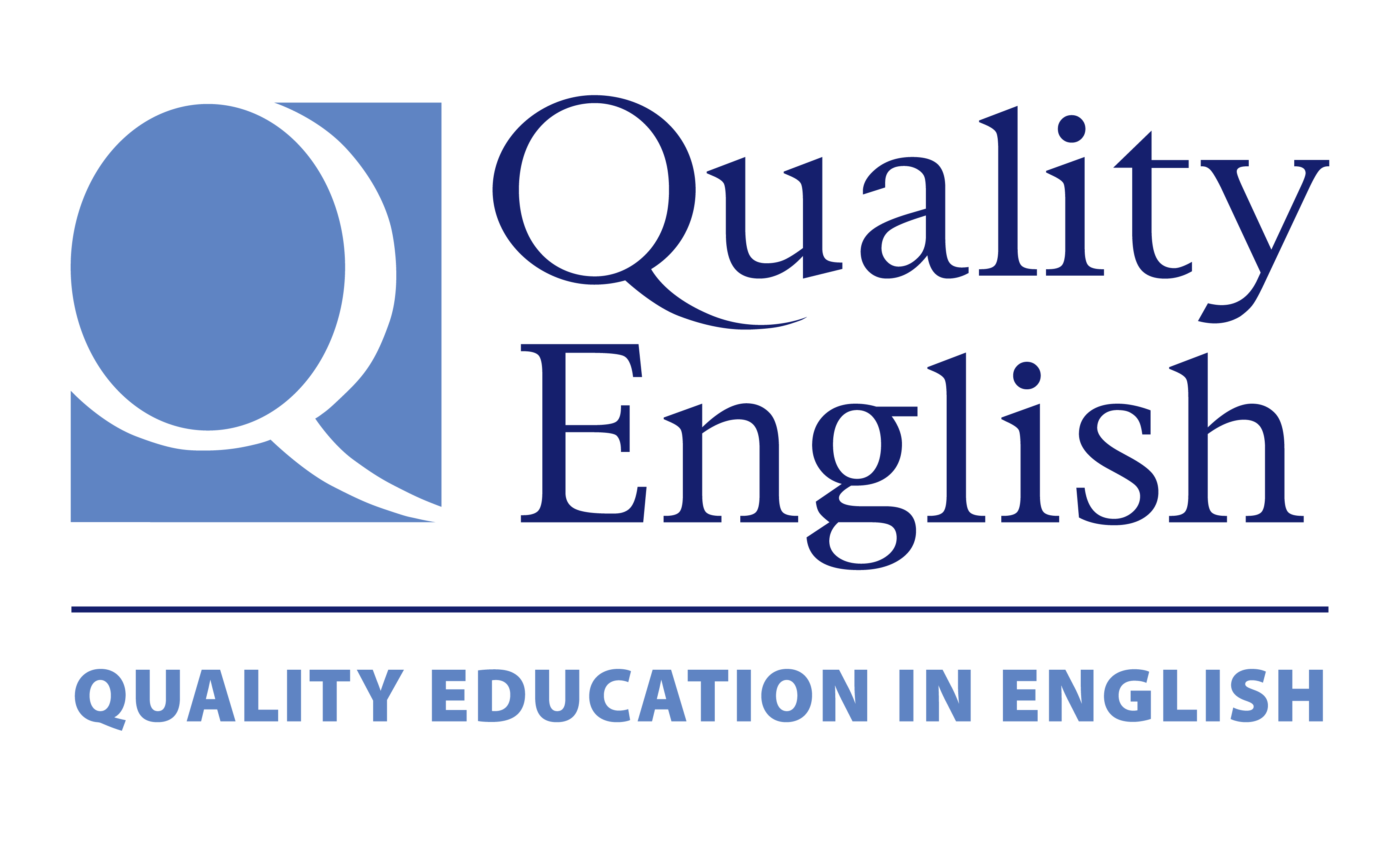

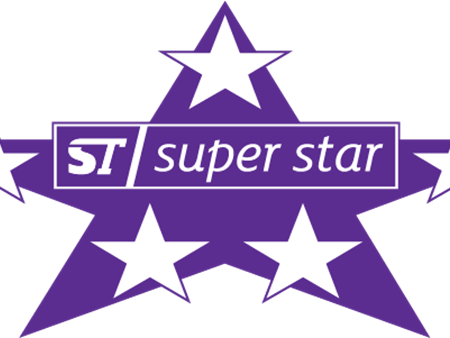
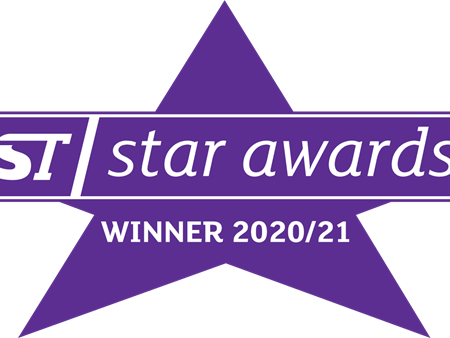
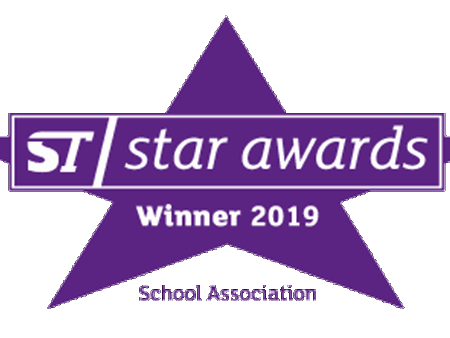
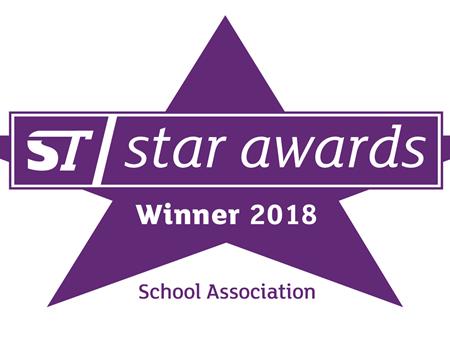

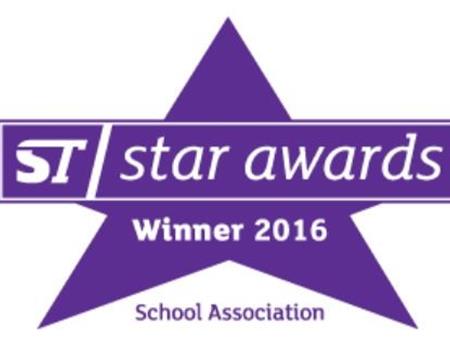
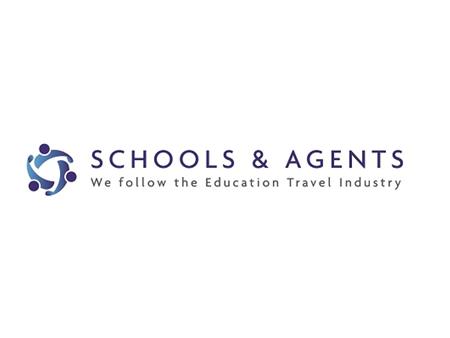
![Logo RefuAid - High-Res[1]](/media/294183/logo-refuaid-high-res-1.png?width=450&height=338&mode=crop)
